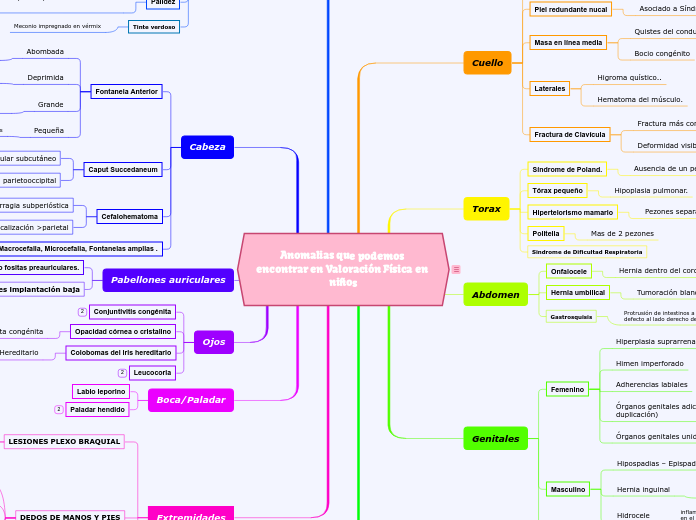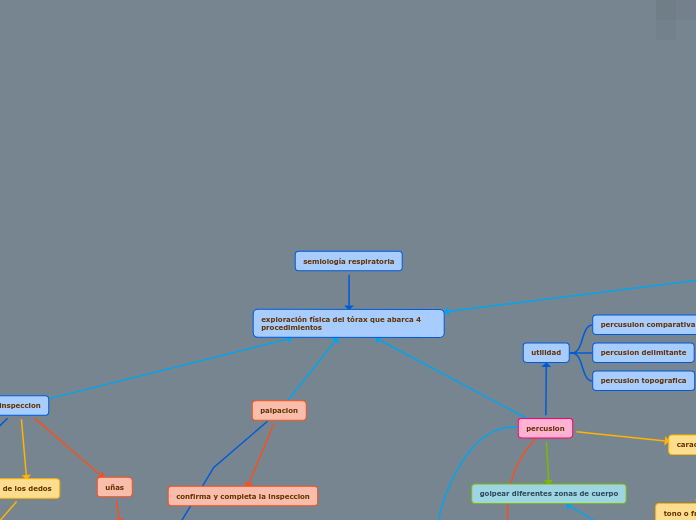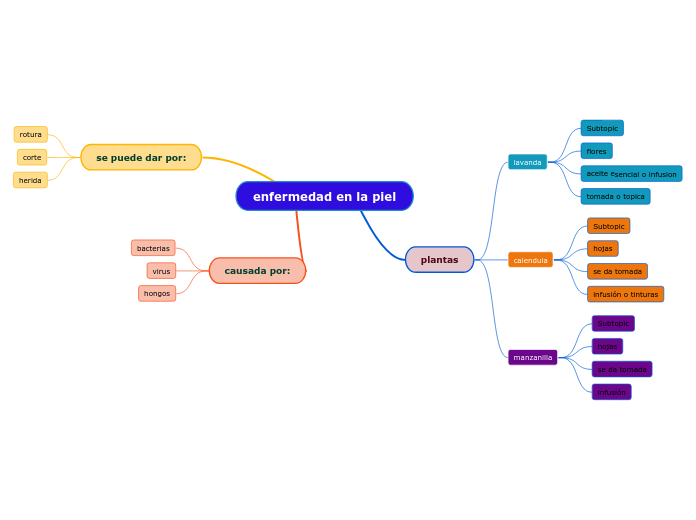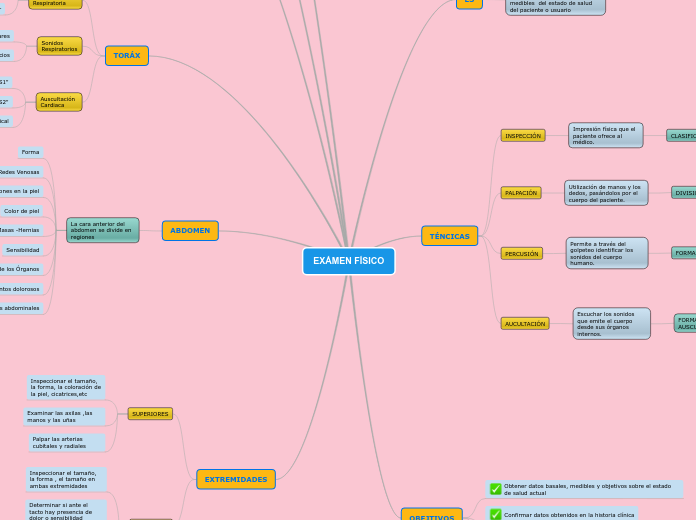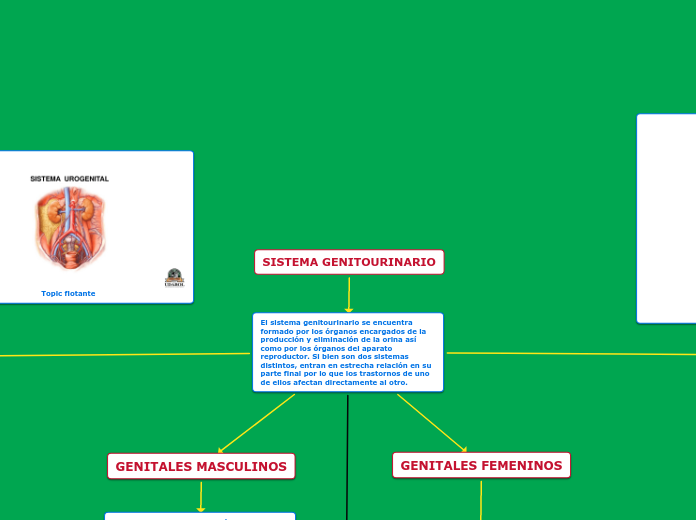Anomalias que podemos encontrar en Valoración Física en niños
pediatría
The part of speech is a category to which a word is assigned according to its syntactic functions. In English the main parts of speech are noun, pronoun, adjective, determiner, verb, adverb, preposition, conjunction, and interjection.
Extremidades
Relative pronouns are used to add more information to a sentence. Which, that, who (including whom and whose), and where are all relative pronouns.
PIES
Metatarso aducido
Pie equino/varo
DEDOS DE MANOS Y PIES
Sindactilia
Camptodactilia
Clinodactilia
Aracnodactilia
Braquidactilia
LESIONES PLEXO BRAQUIAL
Parálisis de Kumpke
Parálisis de Erb-Duchenne
Boca/Paladar
A conjunction is a word like 'if' 'but' or 'and' which is used to connect sentences or clauses together.
Paladar hendido
Coordinating conjunctions always connect phrases, words, and clauses. They are: for, and, nor, but, or, yet, so.
This stew is savory and delicious.
Labio leporino
A group of words used with the force of a single preposition is called phrase preposition.
Ojos
A preposition is one of the most exciting parts of grammar. A preposition is used to describe the location of something in relation to something else.
Leucocoria
Participle preposition consists of words that end in “ing”.
regarding, barring, concerning, considering, etc.
Colobomas del iris hereditario
When a preposition consists of more than one word, it is called double preposition.
Hereditario
Opacidad córnea o cristalino
Compound preposition consists of two or more words.
Catarata congénita
Conjuntivitis congénita
When a preposition consists of one word it is called single or simple preposition.
in, at, on, to for, of, from, up, after, over, under, with, etc.
Pabellones auriculares
An interjection is used to express emotion in a sentence.
Think of other interjections!
Pabellones auriculares implantación baja
Puede relacionarse en síndrome de Turner y de Treacher Collins.
Papilomas y/o fositas preauriculares.
Cabeza
An adverb is used to describe a verb, but it can also describe an adjective or another adverb.
Adverbs normally help paint a fuller picture by describing how something happens.
Macrocefalia, Microcefalia, Fontanelas amplias .
Create sentences
Especially, Specifically, Merely, Either
Cefalohematoma
Localización >parietal
Hemorragia subperióstica
Caput Succedaneum
The intensifiers strengthen adverbs adjectives and adverbs and down- toners make them weaker.
Localizacion parietooccipital
Edema del tejido celular subcutáneo
Fontanela Anterior
Pequeña
Microcefalea, hipertiroidismo, craneosinostosis
Grande
Rubeola congenita, osteogenesis imperfecta, hipotiroidismo, sind. De Down, prematuros
Deprimida
Deshidratación
Abombada
Hidrocefalia, hemorragia intracraneana, hematoma subdural, meningoencefalitis
Piel
A numeral is a word or phrase that describes a numerical quantity.
Some theories of grammar use the word 'numeral' to refer to cardinal numbers that act as a determiner to specify the quantity of a noun, for example the 'two' in 'two hats'.
Tinte verdoso
Meconio impregnado en vérmix
Palidez
Anemia, hipovolemia, shock, enfermedad hemolítica
Cianosis generalizada
Cardiopatía congénita, distrés respiratorio
Ictericia
Enfermedad hemolítica, infección TORCHS
Eritema Tóxico
Son erupciones papuloeritematosas
Columna
An article is a word used to modify a noun, which is a person, place, object, or idea. Technically, an article is an adjective, which is any word that modifies a noun.
Espina Bífida
It refers directly to a specific noun or groups of nouns.
Defectos del tubo neural: cerrado
Genitales
A pronoun is a word that can be used in place of a noun, typically after the noun itself has already been stated.
Ano imperforado
Masculino
Possessive pronouns are used to show possession. The possessive pronouns are mine, yours, his, hers, ours, and theirs.
Hidrocele
inflamación del escroto que ocurre cuando se acumula líquido en el recubrimiento delgado que rodea el testículo
Hernia inguinal
un tejido, como parte del intestino, sobresale a través de un punto débil en los músculos abdominales.
Hipospadias – Epispadias
la abertura de la uretra (meato urinario) se encuentra en la parte inferior del pene, en lugar de la punta.
Femenino
The personal pronouns are I, you, he, she, it, we, they. More often than not (but certainly not always), they replace nouns representing people.
Órganos genitales unidos (anomalías de fusión)
Órganos genitales adicionales (anomalías de duplicación)
Adherencias labiales
Himen imperforado
Hiperplasia suprarrenal congénita
Abdomen
An adjective is a word that's used to describe a specific noun and to provide more detail to the listener.
Gastrosquisis
Protrusión de intestinos a través de pared abdominal, por defecto al lado derecho del cordón umbilical.
Hernia umbilical
Superlative adjectives demonstrate a higher level of comparison between entities.
Tumoración blanda, fácilmente reducible.
Onfalocele
Expresses a comparison between two entities or groups of entities in quality or degree.
Hernia dentro del cordón umbilical
Torax
A noun is defined as a person, place, thing or idea. Proper nouns always begin with a capital letter. Common nouns, which are general words, such as 'cars,' are not capitalized.
Sindrome de Dificultad Respiratoria
Politelia
Compound nouns are words where two nouns have been stuck together to make a new noun. Compound nouns should be written as one word, without a hyphen.
Mas de 2 pezones
Hipertelorismo mamario
A noun which refers to a group of things/people.
Pezones separados
Tórax pequeño
An auxiliary verb helps the main (full) verb and is also called a 'helping verb.' With auxiliary verbs, you can write sentences in different tenses, moods, or voices.
Hipoplasia pulmonar.
Síndrome de Poland.
Countable nouns are nouns that can be counted, even if the number might be extraordinarily high.
Uncountable nouns are nouns that come in a state or quantity which is impossible to count; liquids are uncountable, as are things which act
like liquids.
Ausencia de un pectoral mayor
Cuello
A verb is an action word or 'doing' word that signifies movement in some way.
Fractura de Clavícula
A participle is a verb form that can be used as an adjective or to create a verb tense. There are two types of participles: Present participle (ending -ing) and Past participle (usually ending -ed, -d, -t, -en, or -n).
Deformidad visible/palpable
Fractura más común del RN
Laterales
A modal is a type of auxiliary (helping) verb that is used to express: ability, possibility, permission or obligation. The main modal verbs in the English language are: can, could, may, might, must, shall, should, will, would.
Hematoma del músculo.
Higroma quístico..
Masa en línea media
Proper nouns are the names of specific people or places. They should always begin with a capital letter.
Bocio congénito
Quistes del conducto tirogloso
Piel redundante nucal
A linking verb connects the subject with a word that gives information about the subject, such as a condition or relationship.
Asociado a Síndrome de Turner o Down
Tortícolis Congénita
A verb with its own meaning: a verb that is not an auxiliary verb.
Cabeza inclinada hacia un lado con rotación hacia lado contrario
